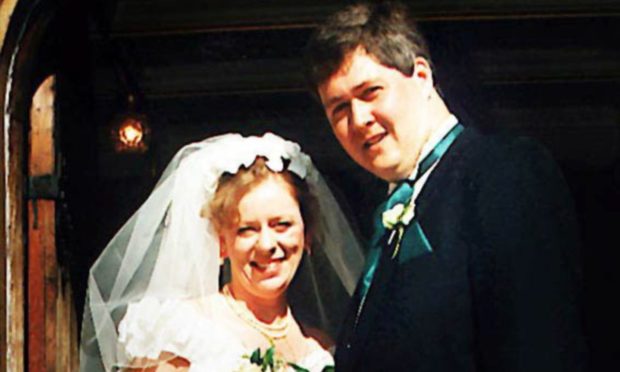A new murder defence for those who kill after prolonged domestic abuse is to be considered in a major crime review.
The Scottish Law Commission has launched a discussion paper on “the mental element in homicide”.
Views are now being sought on elements of the discussion paper including:
- whether the definitions of culpable homicide and murder should be redefined in statute;
- options for reforming defences including self-defence, necessity, coercion, provocation and diminished responsibility;
- whether a new partial defence should be created for people who kill following prolonged domestic abuse.
The paper questions whether a new defence is required to offer protection to those who are not covered by current laws and what extra elements would be needed.
History of cases
It highlights the cases of June Greig, who stabbed to death her abusive husband in Edinburgh in 1979, Kim Galbraith, originally given a life sentence for murder – reduced to 10 years for culpable homicide – for shooting her husband in 1999 after years of abuse and Wendy Graham, who killed her partner with a knife in Edinburgh in 2008.
There has long been attempts to change the law to recognise circumstances in which domestic abuse victims see no alternative to end their suffering.
Judges in the 2011 appeal case of murderer Samuel Petto called the existing law “antiquated”.
They said: “We remain burdened by legal principles that were shaped largely in the days of the death penalty, that are inconsistent and confused and are not yet wholly free of doctrines of constructive malice.”
Appeal to wider public
Lady Paton, Chair of the Scottish Law Commission and lead Commissioner on the project, said: “The common law crimes of murder and culpable homicide are generally regarded as the most serious of all crimes in Scots law.
“This discussion paper examines a wide range of issues in relation to the mental element in homicide in order to ascertain whether the law in this area is fit for purpose in today s society.
“We are keen to hear from anyone interested in the law of homicide ranging from legal practitioners, criminal law academics, interest groups, victims and their families, through to the wider general public.
“The responses we receive now will help us to shape policy and make any necessary proposals for future reform of the law.”










